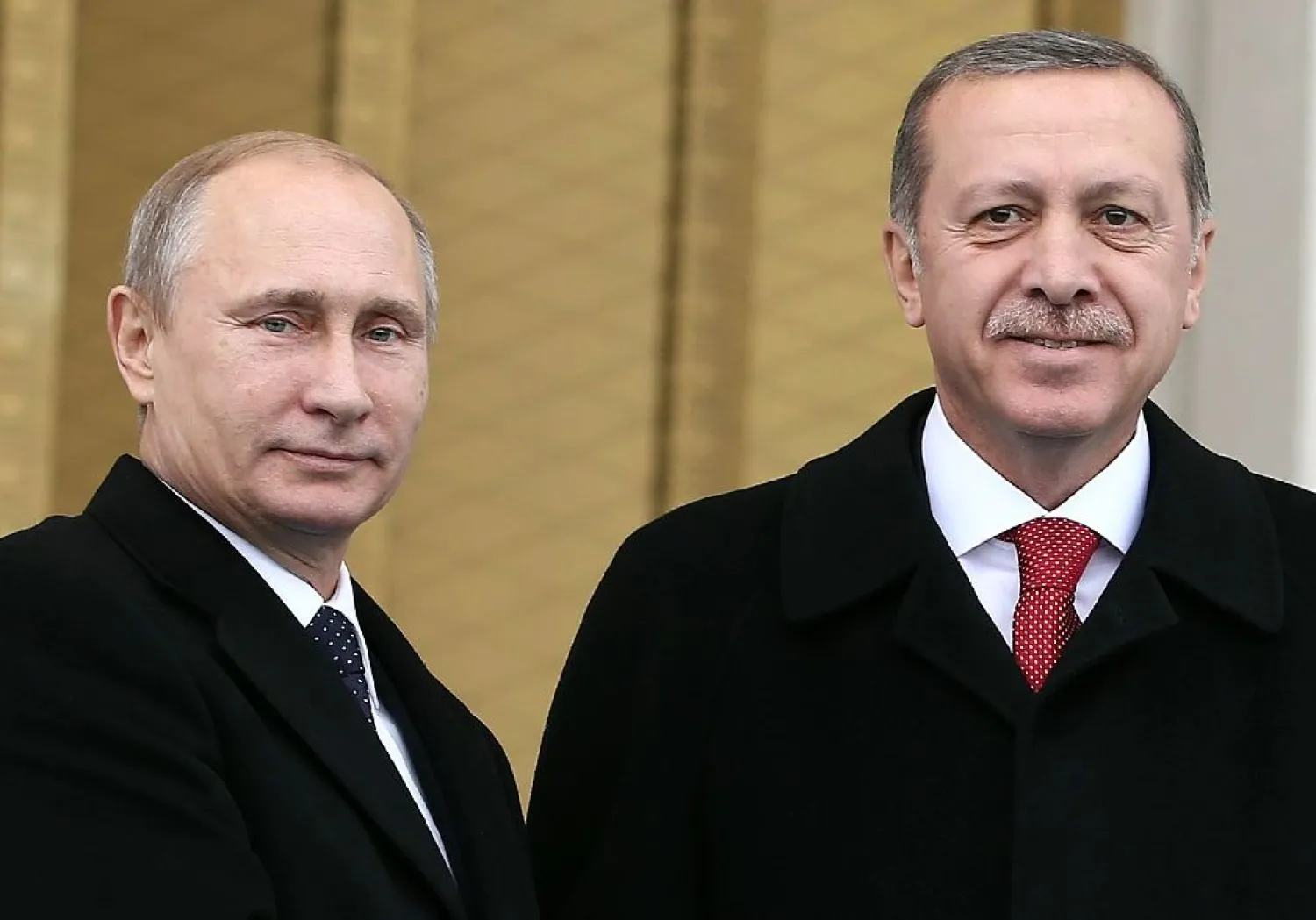The participation of Kurds in the political settlement in the Syrian crisis remains an issue of contention for the guarantor countries of the “Astana process.”
The leaders of Russia, Turkey and Iran are expected to tackle this issue when they meet in the Russian city of Sochi on Wednesday.
Russian presidential aide Yury Ushakov stated on Monday that military officials will be part of the delegations at the Turkish-Russian-Iranian Sochi summit that is aimed at tackling the Syrian settlement.
He revealed that Russian President Vladimir Putin, Turkish President Recep Tayyip Erdogan and Iranian President Hassan Rouhani will discuss whether the Kurds should be invited to attend the Syrian dialogue congress.
This issue has not bee resolved yet and the date of the congress, which was initially proposed by Putin, has not been set either, he added.
As part of preparations for Wednesday’s summit, the foreign ministers of the three countries held talks in Turkey’s Antalya on Sunday.
The Russian Foreign Ministry said after the talks that the ministers agreed on all recommendations linked to the Syrian dialogue congress and they will be referred to the Sochi summit.
Russian FM Sergei Lavrov confirmed the Kurdish issue was discussed, but he did not disclose the outcomes of those talks.
A meeting of the military commands of the three countries will also precede the Sochi summit.
Sources in Moscow stressed that the Syrian dialogue congress will be a central article on the summit agenda. Putin, Erdogan and Rouhani will also address the mechanism to implement “de-escalation” zones in Syria.
Thorny issues will likely be the Kurdish role in the political settlement, as well as Iran’s role in the “de-escalation” zones. The three presidents will attempt to reach middle ground over these issues.
Lavrov stressed the importance of the participation of the greatest number of opposition factions at the dialogue congress, saying that Russia is acting based on United Nations Security Council resolutions.
Representation must include all components of Syrian society, he continued.
The staging of the congress has not been without obstacles.
The Russian Foreign Ministry originally announced that it will be held on November 18, but it was later postponed “indefinitely” after it was met with American and French objections and Turkey’s refusal of the participation of the Kurds. The majority of Syrian opposition factions have also opposed the idea of the congress.
Russia’s RIA Novosti news agency reported on Monday that the congress may hold its first session between December 2 and 4.
Meanwhile, an informed source from the Syrian opposition said that the Geneva 8 conference will be held over two phases, the first on November 28 to December 1 and the second will kick off on December 8. The Syrian dialogue congress will therefore be held in between the two meetings, said the source according to RIA.









